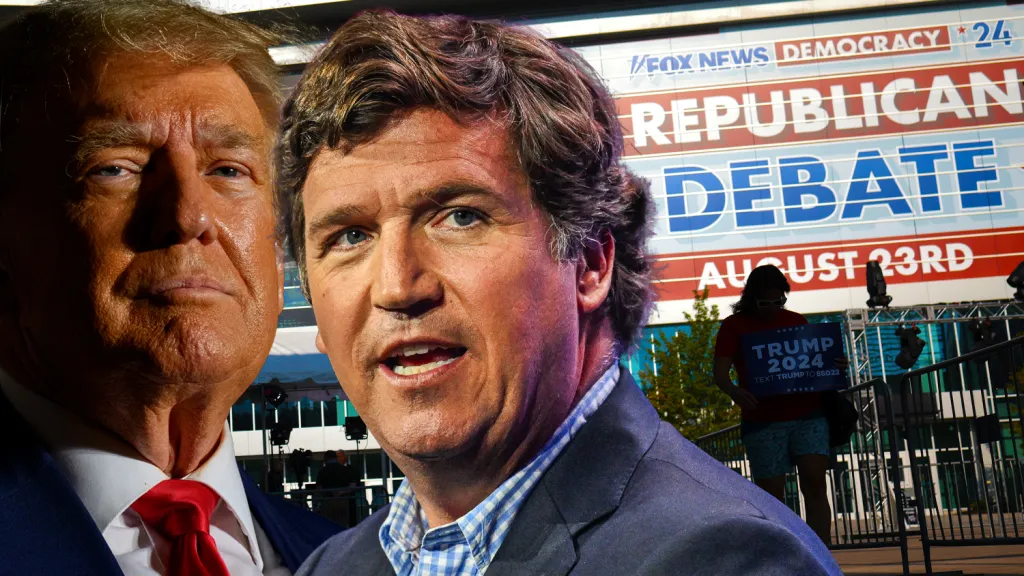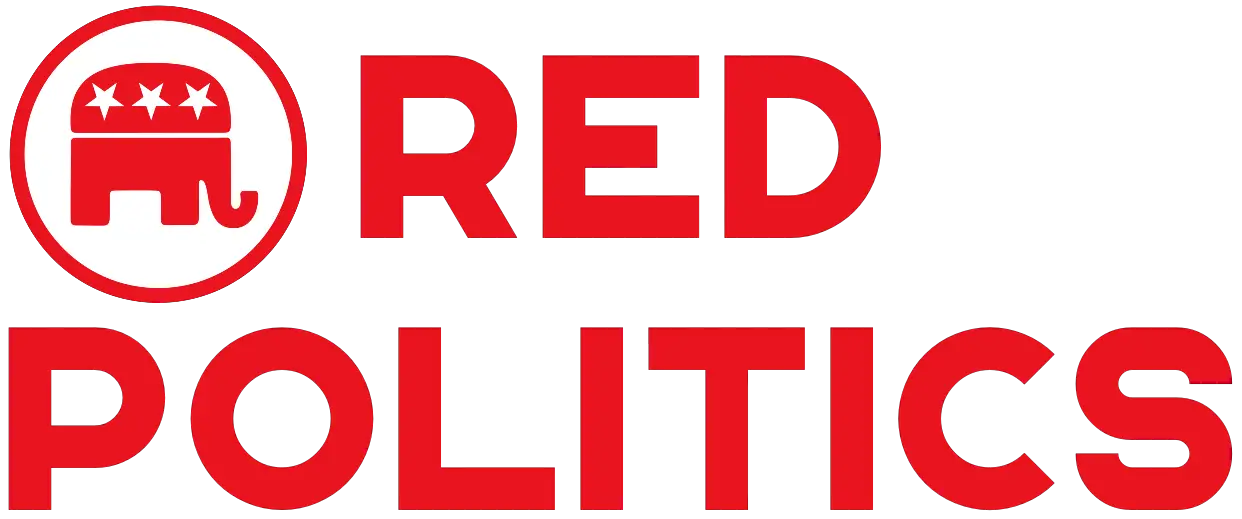
In the ever-shifting sands of the media world, there are moments that not only capture the zeitgeist but also redefine the very fabric of the industry. The recent interview between Tucker Carlson and former President Donald Trump is one such pivotal moment, a media masterstroke that has left many astounded and some reeling.
Showcased on Tucker Carlson’s show, Episode 19, the segment was aptly christened “Debate Night with Donald J Trump.” The anticipation was palpable, but the subsequent response was nothing short of a media tsunami. The numbers? An eye-watering 212.3 million views. To offer some perspective, back in 2015, Fox News, riding on the Trump phenomenon, set a debate ratings record, amassing 24 million viewers. This recent Trump-Tucker tête-à-tête didn’t just surpass that record; it catapulted into a league of its own.
Rich Baris, a distinguished pollster, was quick to spotlight this unparalleled shift in viewership trends. Drawing comparisons between the 2015 Fox News debate and the Trump-Tucker spectacle, Baris’s insights provided a window into a media universe that’s rapidly evolving. The statistics were compelling, but the deeper narrative was even more significant: the age-old media edifice, with its stalwarts like Fox News, is being upended by new-age platforms and personalities.
Sebastian Gorka, a key figure in conservative circles, succinctly captured the prevailing sentiment with his tweet: “75 million viewers for Tucker and President Trump in one hour. FOX is dead.” This audacious declaration resonated with many, signaling a broader shift where emerging platforms and personalities are not just participating but leading the discourse.
But what was the secret sauce behind this interview’s unparalleled success? The magic lay in the unique blend of the personalities involved and the raw, unscripted nature of their exchange.
Donald Trump, with his unparalleled ability to command attention, remains an enigmatic figure in American politics. His tenure in the White House was a roller-coaster of events, ensuring that his every move, every word, is dissected and discussed. In this interview, he was unbridled, speaking with passion and conviction.
Tucker Carlson, known for his incisive interviewing style, has seen his influence grow exponentially, especially after his departure from Fox News. This interview was a testament to his journalistic acumen, showcasing his ability to engage and draw insights from the most formidable of personalities.
The conversation was wide-ranging and intense. Trump was quizzed about the numerous challenges that marked his presidency, from the relentless impeachment sagas to the indictments. The discourse was charged, with Carlson posing probing questions about the potential threats Trump might face from political adversaries, especially given his undiminished popularity.
Trump’s responses were classic Trump: unapologetic, defiant, and direct. He confronted his critics head-on, dubbing them as “savage animals.” Yet, amidst the fiery rhetoric, there were moments of reflection. Trump spoke of his commitment to serve all Americans and acknowledged the presence of well-intentioned individuals within the Democratic Party.
A significant portion of the interview delved into the media’s role in shaping public discourse. With the astronomical viewership of this interview, it’s evident that audiences are seeking alternative platforms and voices. The media landscape, traditionally dominated by a few giants, is in flux. And as this interview underscored, luminaries like Trump and Carlson are leading the charge.
In summation, the Trump-Tucker interview was not just a fleeting media event; it was a landmark moment. Its record-breaking viewership is a testament to the evolving dynamics of media consumption and the public’s thirst for authentic, unscripted dialogues. For legacy media entities, especially giants like Fox News, this might be a moment of reckoning. The world is watching, and they’re gravitating towards authenticity and candor.
Source Trending politics

